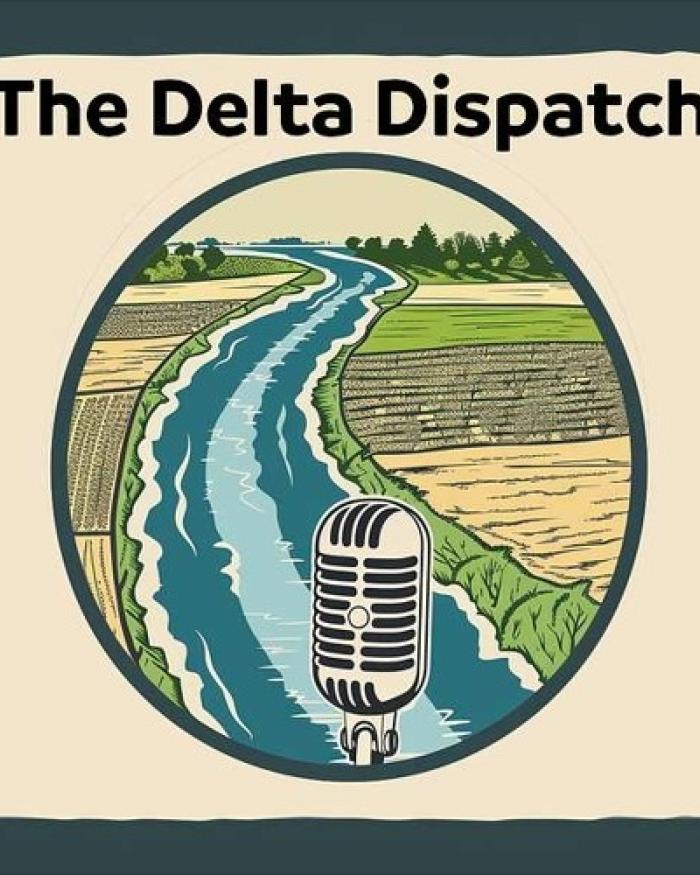Welcome to The Delta Dispatch, a podcast series connecting you to The Delta Plan - California's comprehensive, long-term strategy to achieve both a reliable water supply and a healthy, resilient Sacramento-San Joaquin Delta. The Delta Plan includes Performance Measures – carefully selected and data-driven metrics that measure and track progress towards these coequal goals.
These measures can be as complex as the Delta itself. On each episode of The Delta Dispatch, we aim to demystify them! Through conversations with experts, we delve into some of the most impactful performance measures, elucidating not only why they are important, but also examining their impact and meaning from multiple perspectives.
Across all of California, perhaps no other fish has as great of a cultural, economic, and ecological impact as that of salmon. These fish, who migrate incredible distances from mountain headwaters to the vast oceans and back again, have formed a cornerstone of subsistence, industry, and ecological function throughout California’s history.
But what happens when we as humans – needing to reroute water for our own needs – put barriers in the way of these fish making their incredible journey? In this episode of the Delta Dispatch, learn about the incredible role and stories of salmon (and other migratory fish!) as we speak with guests Colin Purdy (California Department of Fish and Wildlife) and Meghan Quinn (American Rivers) to discuss fish passage among a landscape of dams and other barriers in California.
Stream episode Delta Dispatch Episode 7 - How To Have Our Fish - And Eat Them, Too
Guest Information

Colin Purdy
Program Manager, California Department of Fish and Wildlife
An ecologist by training, Colin Purdy now serves as a Fisheries Environmental Program Manager with the California Department of Fish and Wildlife (CDFW). In his role, he oversees many programs related to fish in California – from harvest management to water operations and habitat restoration. As part of the role, he also helps support four different salmon hatcheries to bolster harvest opportunity of these fish in California.
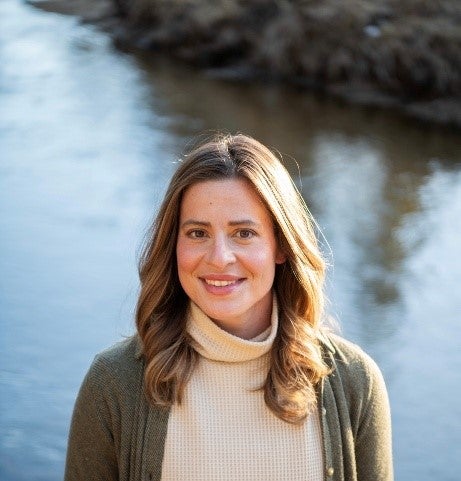
Meghan Quinn
Director, California Dam Removal and Hydropower Reform, American Rivers
Meghan Quinn joined American Rivers in 2022 to increase American Rivers’ regional capacity for dam removal and hydropower reform by working with partners to develop and implement fresh, innovative strategies for building partner coalitions across diverse communities in California that are impacted by dams. Prior to joining American Rivers, Meghan focused her environmental law career on Clean Water Act and Endangered Species Act compliance, in-river infrastructure, management of hazardous materials, and restoration efforts. She strives to use her experience building consensus among diverse stakeholders, negotiating with public regulators, and translating the complex into the comprehendible to develop and implement win-win solutions in the California water policy and project arenas.
The Delta Plan is built on two Coequal goals – water supply in balance with the needs of the ecosystem. But written into the very plan itself is a clear follow-up – that actions taken to support this balance must also bolster the idea of the Delta as a Place.
But what does that really mean? After all, any physical location can be “a place”, and not many other places have both state and federal legislation written about them! This very question is at the center of this episode of the Delta Dispatch, where we speak with guests Blake Roberts (Delta Protection Commission) and Elizabeth Patterson (Sacramento-San Joaquin Delta National Heritage Area Advisory Committee) to learn about the people, stories, and heritage that earned the Delta a spot as a nationally recognized heritage area – and a place truly worth celebrating.
Stream episode Delta Dispatch Episode 6 - Destination: Delta
Guest Information
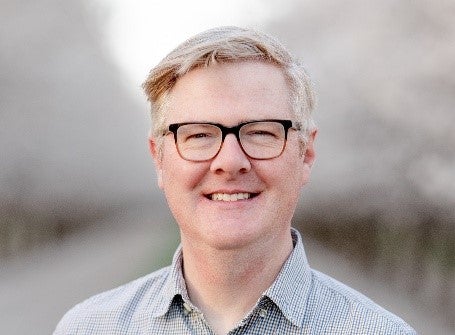
Blake Roberts
Program Manager I, Delta Protection Commission
Blake is lead staff for the Sacramento-San Joaquin Delta National Heritage Area. He managed the preparation of the recently completed National Heritage Area Management Plan, runs numerous heritage-related projects and planning efforts, including those focused on historic communities, and is involved in the Alliance of National Heritage Areas. He has over 20 years of experience as a practitioner, educator, researcher, and writer focused on community revitalization, cultural heritage, environmental planning, land use, public engagement, and urban design. He has a Ph.D. in Urban and Regional Planning from UC Irvine.
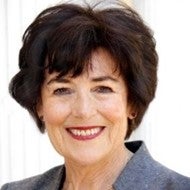
Elizabeth Patterson
Vice Chair, Sacramento-San Joaquin Delta National Heritage Area Advisory Committee
Elizabeth has a storied history of service to some of California’s most treasured places. Born and raised in Los Angeles, her career has included (but is not limited to!) working as a Planning Director for Bay Area towns, serving as executive director of the Partnership for Regional Livability, serving as a lecturer as Sonoma State University, working as State Senate staff, and serving three terms as the mayor of the City of Benecia. She has been instrumental in many policy initiatives, including serving as lead staff for the Delta Public Trust status and trends report and draft legislation for the creation of the Delta Protection Commission while she was at the California State Lands Commission. She now serves as the Vice Chair of the Delta NHA Advisory Committee, serving as a bridge between residents and partners of the NHA and its governing body, the Delta Protection Commission.
If you had the ability to influence the story of an ecosystem as it was being penned, how would you write it? This is the core question behind this episode of the Delta Dispatch, where we discuss the history and future of the Delta’s many natural environments. As a region that has seen dramatic change, we discuss the need to restore ecosystems that have been lost, the role of restoration projects in doing so, and how all of that ties to the ultimate idea of stewardship.
Join our guests Dylan Chapple (Delta Science Program, Delta Stewardship Council) and Don Hankins (CSU Chico) as we discuss our relationship and responsibility to the Delta’s natural lands – as well as the adventures we undertake to restore them.
Stream episode Delta Dispatch Episode 5- Restoration, Reciprocity
Guest Information
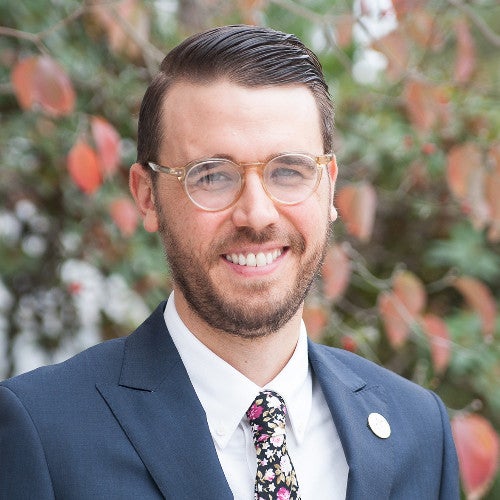
Dylan Chapple, Ph.D.
Environmental Program Manager, Adaptive Management Unit, Delta Science Program
A true interdisciplinary scientist, Dylan’s passion for working on environmental issues is extremely apparent. With a doctorate in Environmental Science, Policy, and Management, he has helped advance many environmental efforts in California from restoration to citizen science. His expertise in adaptive management is crucial to the mission of the Delta Science Program, where he covers a wide range of topics from salinity management to ecosystem restoration.
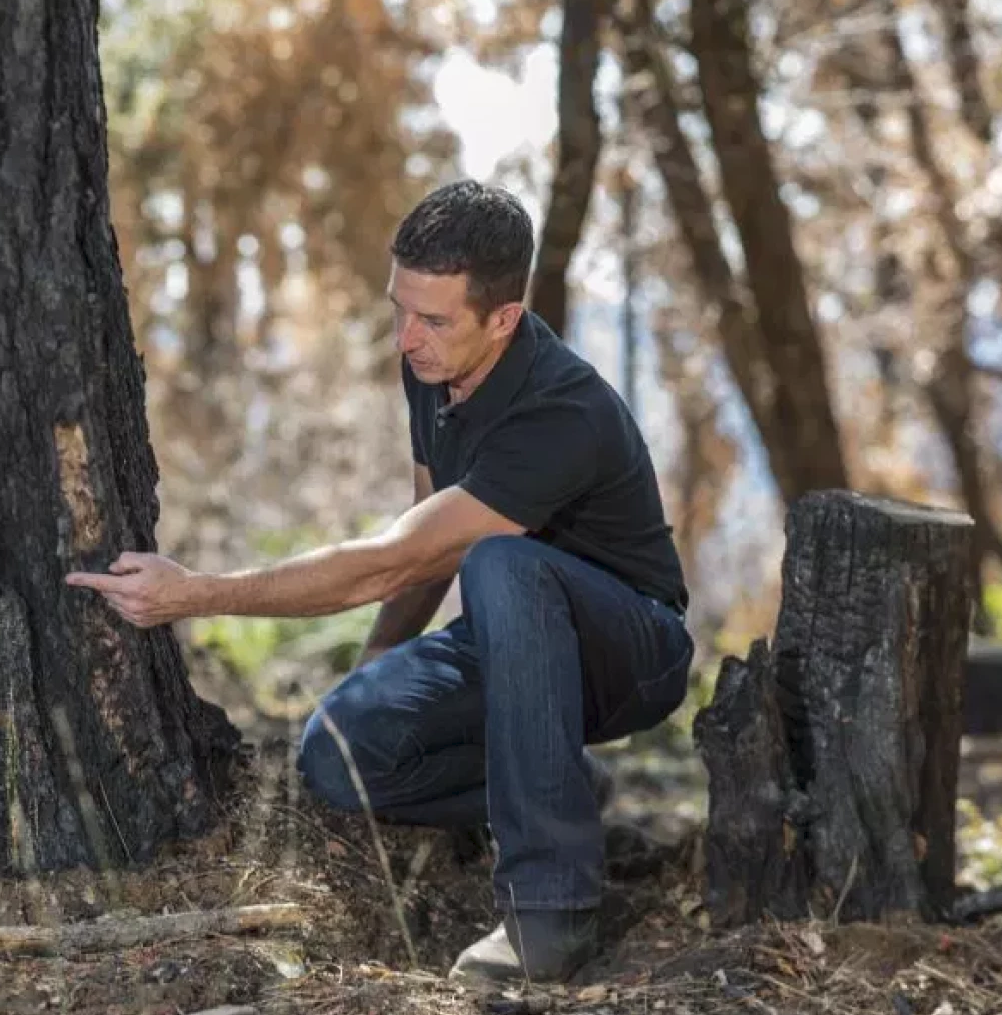
Don Hankins, Ph.D.
Professor of Geography and Planning, California State University, Chico
With an undergraduate degree in Wildlife, Fish and Conservation Biology and a Ph.D. in Geography from the University of California, Davis, Don researches and teaches courses on pyrogeography, ecohydrology, landscape conservation, environmental policy and Indigenous stewardship. Don is also Miwok from the Delta, maintaining cultural traditions that tie strongly to his work and identity as a land steward and proponent of ecocultural restoration.
Water is a BIG topic. Not only is it absolutely essential to all life, its also something that people can base entire careers in, from researching quality to managing our supply of the stuff. In fact, an entire half of the state's Coequal goals for the Delta revolve around our supply of water!
Follow the journey of California's water supply in this episode of the Delta Dispatch, as we talk to guest experts Anthony Navasero (California Department of Water Resources) and Jofil Borja (Sacramento Area Sewer District). Along the way, find out what "water supply" means, why the movement and distribution of water is important, and how the wastewater that flows down your sink might be a key to a more reliable and sustainable future.
Stream episode Delta Dispatch Episode 4- From Snowpack to Spigot
Guest Information

Anthony Navasero
Drought Coordinator in the Executive Branch of the Department of Water Resources (DWR)
Anthony received his Bachelor of Science in Civil Engineering from San Jose State University, and has been a registered Civil Engineer with the State of California since 2002. After working 13 years in the private sector, he shifted into public service. This journey began in 2011 at DWR, in the Division of Flood in the Hydrology and Flood Operation Office (HAFOO). In 2014, he took a position at the Delta Stewardship Council in 2014 before returning to DWR in 2022, where he now coordinates and facilitates planning for future droughts and water supply shortages.
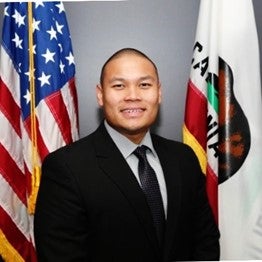
Jofil Borja, MPA
Environmental Legislative and Regulatory Affairs Manager | Harvest Water APMO Manager, SacSewer
A true professional in sustainable infrastructure, Jofil brings his passion and years of expertise to the Sacramento Area Sewer district with the full knowledge they offer more than just sewage collection and treatment. He is actively involved in the district’s Harvest Water project – recycling wastewater into a sustainable local source of water for agriculture that takes pressure of our natural resources and helps us achieve a vison of both reliability and sustainability in our water supply.
Why are big piles of dirt, mud, and rocks so important to the Sacramento-San Joaquin Delta? Did you know that without them, the Delta of today would look drastically different?
Find out why in this episode of the Delta Dispatch, where we talk to levee and flood risk experts Erin Mullin (Delta Stewardship Council) and Kathleen Schaefer (UC Davis) and examine exactly how the Delta's system of dirt piles absolutely earn the moniker "the hardest working levees in America."
Stream episode Delta Dispatch Episode 3 - Silent Defenders of the Delta
Guest Information
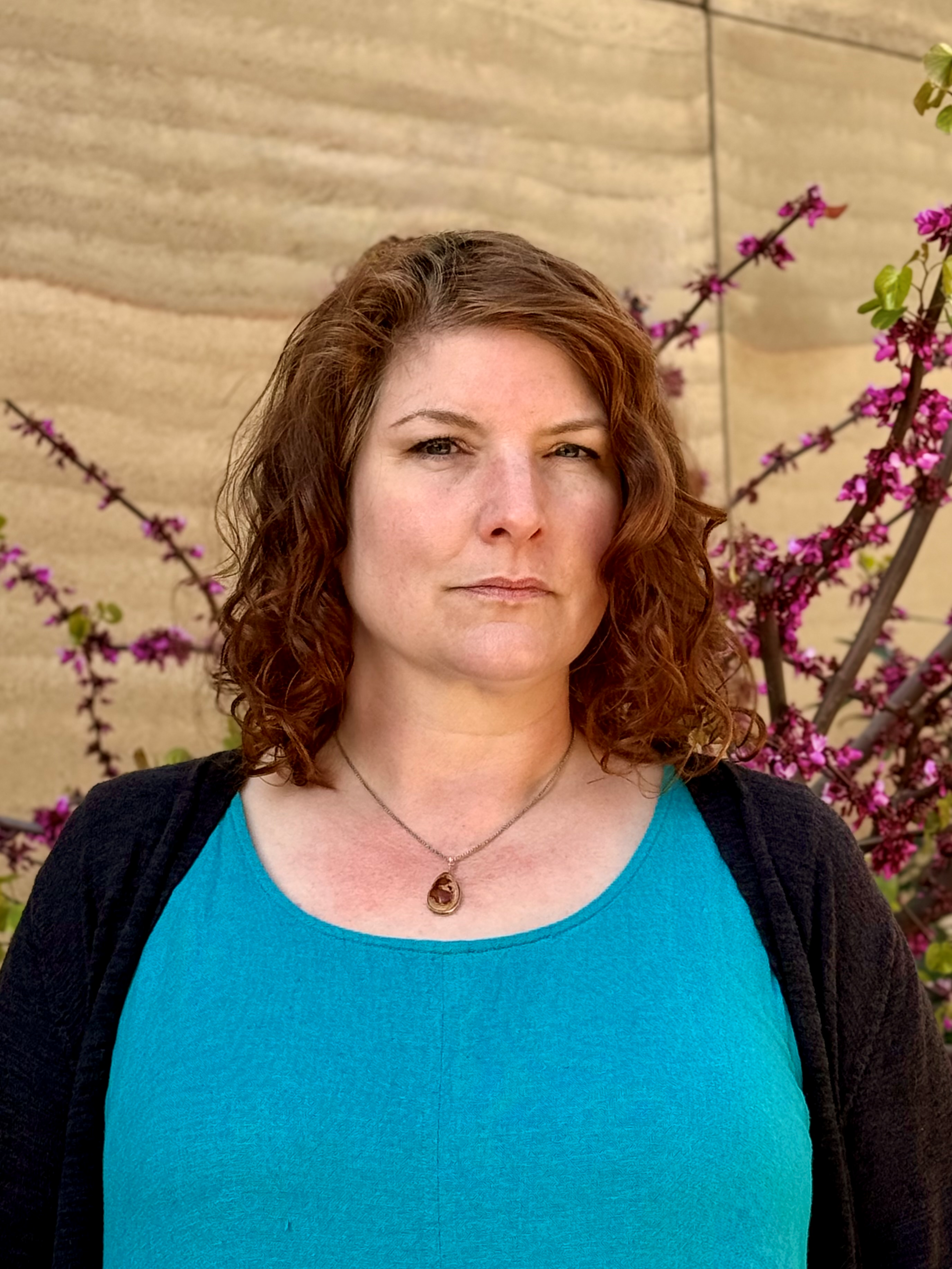
Erin Mullin, Lead Engineer, Delta Stewardship Council
Erin Mullin is the lead engineer at the Delta Stewardship Council - heading up a talented team in charge of chapters 3 and 7 of the Delta Plan. Across a storied career that includes time at the Department of Water Resources, she’s learned everything she can about the complicated and messy world of the Delta levees. As she often reflects on how the coequal goals themselves are built on levees, her breadth of knowledge and passion for the subject is second to none.
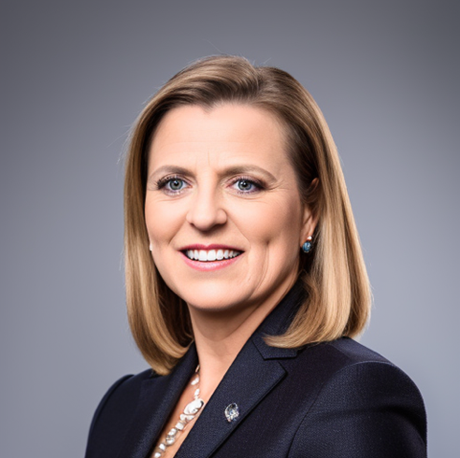
Dr. Kathleen Schaefer
Kathleen Schaefer earned her doctorate from UC Davis, studying the complex topic of flood risk management. Informed by a career at the Federal Emergency Management Agency (FEMA), she seeks to induce change in the complicated world of flood insurance. Currently, she leads a pilot program for a new system of community-based insurance in the city of Isleton – which has historically been flooded due to levee failure. Through her work, she hopes that more people can have access to disaster relief at times when they need it most.
Did you know that some areas of the Sacramento San-Joaquin Delta are literally below sea level? Land that used to match the level of the rivers and tides has vanished before our very eyes, and some people now live, work, and farm on land 20-30 feet below elevation mark zero.
This phenomenon of land sinking - called subsidence - is the subject of this episode of the Delta Dispatch. Within, we explore subsidence in the Delta with Guests Campbell Ingram of the Delta Conservancy and Steve Deverel of Hydrofocus – from what causes it to what it means for our Delta, and the Delta Plan performance measures aimed at its reversal.
Guest Information

Campbell Ingram, Executive Officer, Sacramento-San Joaquin Delta Conservancy
Campbell became the first Executive Officer of the Sacramento-San Joaquin Delta Conservancy in March of 2011. The Conservancy is tasked with being a lead agency for ecosystem restoration in the Delta and supporting efforts that advance environmental protection and the economic well-being of Delta residents.

Steven Deverel, Principal Hydrologist and President, HydroFocus, Inc.
Steven Deverel has over 40 years of experience in California and throughout the western United States. After completing a doctorate at the University of California at Davis in 1983, Steven worked at the US Geological Survey where he investigated the hydrologic and geochemical processes associated with land subsidence in the Delta. Since 1994, he has worked in the private sector, opened a consulting firm in 1996 and cofounded HydroFocus, Inc. in 1998. Steven has authored numerous publications related to land subsidence and strategies for mitigating subsidence and has also led and participated in investigations into impacts of subsidence on ecosystem processes, agriculture, and infrastructure and implementation of land uses and restoration for mitigating subsidence.
Have you ever seen bright green patches of algae floating in the water? You might be seeing a bloom of algae... and it might be harmful to you and your pets!
In this episode, we explore Harmful Algal Blooms (HABs) in the Sacramento-San Joaquin Delta with Guests Tricia Lee (Delta Stewardship Council, Delta Science Program) and Spencer Fern (Restore the Delta). We delve into what HABs are, examine their causes and impacts on human health, and discuss the performance measure aimed at monitoring and mitigating their effects.
Guest Information
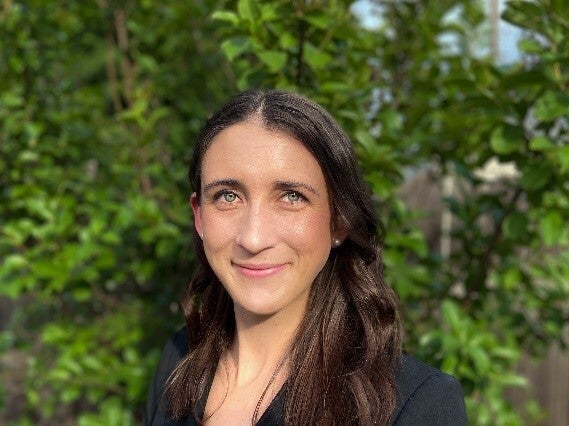
Tricia Lee, Senior Environmental Scientist, Delta Stewardship Council Delta Science Program
Tricia Lee is a senior environmental scientist at the Delta Stewardship Council, where she works to increase collaborative science on priority emergent water quality topics such as harmful algal blooms and contaminants of emerging concern. Prior to joining the Council as staff in 2021, she completed a Sea Grant State Fellowship with the Council in 2017 and later worked in a variety of roles to optimize sustainable aquatic resource management. Tricia has a MS in Marine Biology from San Francisco State University at the Romberg Tiburon Center. When she's not working, Tricia enjoys paddleboarding, cooking from her garden, and spending time with her husband and pets.
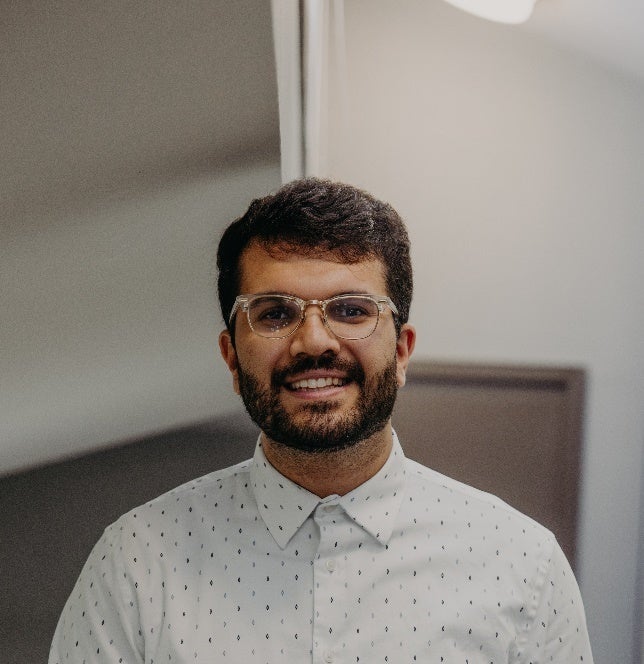
Spencer Fern, Delta Science Program Manager, Restore the Delta
Spencer Fern was born and raised in Stockton, California, and grew up recreating on the Delta. He currently works on monitoring for the harmful algal blooms in the Delta. Spencer attended college at CSU Monterey Bay, where he studied biology and received his Bachelor of Science in Microbiology in 2019. He returned to Stockton that same year and was hired by Restore the Delta in 2021. He took the job because it aligned with his desire to work in the science field while also being connected to the Delta he grew up recreating in. In working on HABs issues, he’s been involved with water agencies ranging from the State Water Board, Metropolitan Water District, San Francisco Baykeeper, Delta Stewardship Council, and more.

